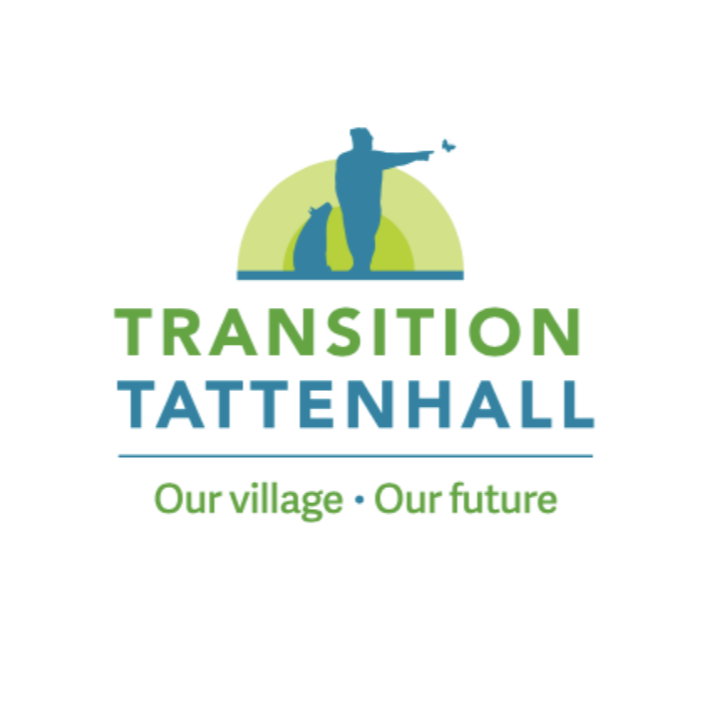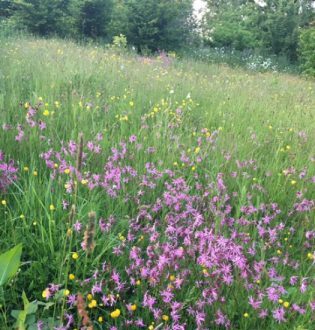Biodiversity, a term coined in 1985 as a contraction of “biological diversity”, quite simply refers to the incredible variety of life on Earth – every living thing on the planet.
Biodiversity impacts each of our lives in many ways from providing us with food to medical discoveries and ecosystem services. These ecosystem services include everything from cleaning water and absorbing chemicals to providing oxygen for us to breathe and pollinating the plants that provide our food. Biodiversity also provides beauty and cultural value to our lives which has repeatedly been shown to increase mental well-being.
Sadly, the Earth’s biodiversity is in decline due to activities such as deforestation, land-use change, agricultural intensification, over-consumption of natural resources, pollution and climate change. Many of these factors and their effects can be seen in and around Tattenhall.
So, how can biodiversity be helped? There are a lot of things that each of us can do in our everyday lives that will help biodiversity, from eating more locally sourced food to growing insect friendly plants in the garden as well as leaving a small patch of our gardens to nature. All gardens contribute to biodiversity and even leaving a small area of your lawn to grow freely counts.
As a group working to reduce the impact of the climate crisis we will seek to support initiatives that foster improved biodiversity. We will expect to challenge and campaign on future developments or activities in the village that threaten species loss.
One way to enhance biodiversity that you may have heard a lot about recently is rewilding. This is the large-scale restoration of ecosystems to the point where nature is allowed to take care of itself. Rewilding seeks to reinstate natural processes and missing species – allowing them to shape the landscape and the habitats. The most well-known rewilding project in Britain is the Knepp Estate in West Sussex where a whole farm was left entirely to nature. Closer to home, the Beaver reintroductions at Hatchmere are a smaller scale example of rewilding in practice.
This probably sounds very exciting to some of you reading this, and somewhat of a worry to others – it can definitely be a radical solution to the biodiversity crisis. Whatever you feel about rewilding, here at Transition Tattenhall we’re working to a rather smaller scale – definitely more wildlife friendly garden corners than thousand acre estates!
The protection and enhancement of biodiversity is hugely important and something we at Transition Tattenhall fully support. As a group working to reduce the impact of the climate crisis we will seek to support initiatives that foster improved biodiversity. We will expect to campaign on future developments or activities in the village that threaten species loss.
If you are interested in becoming involved in Transition Tattenhall, or if you have any ideas of projects TT could undertake then we’d love to hear from you.
And remember we have a public engagement day on October 10th.

